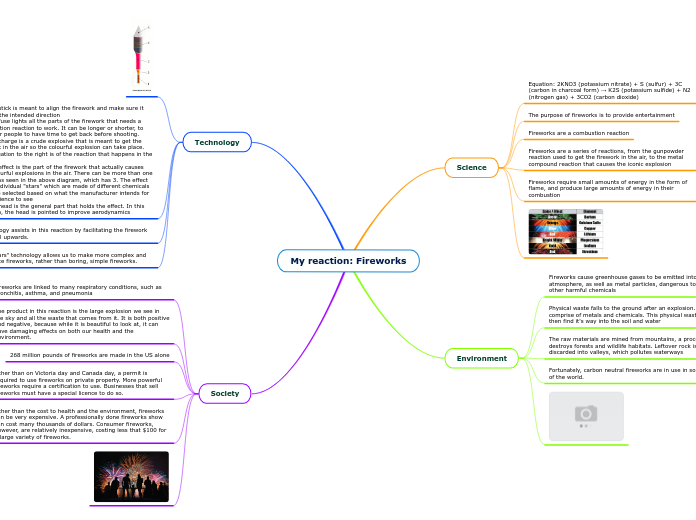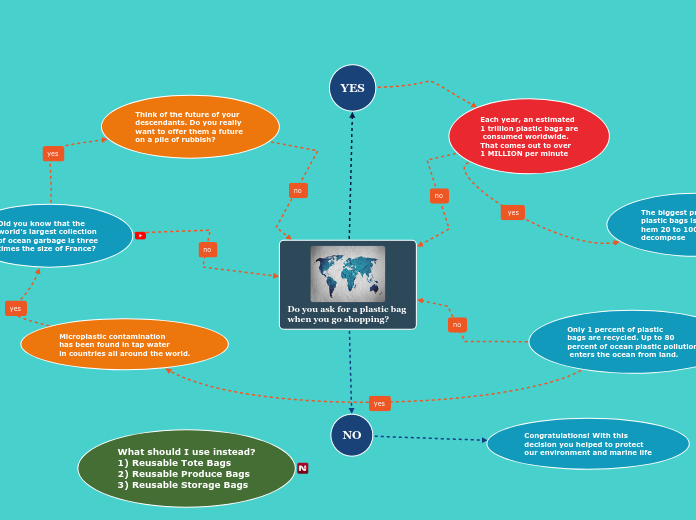door Samir Vatti - Dolphin Sr PS (1553) 4 jaren geleden
437
My reaction: Fireworks
The production and use of fireworks have significant environmental, societal, and scientific implications. Environmentally, the extraction of raw materials needed for fireworks leads to the destruction of forests and wildlife habitats.









